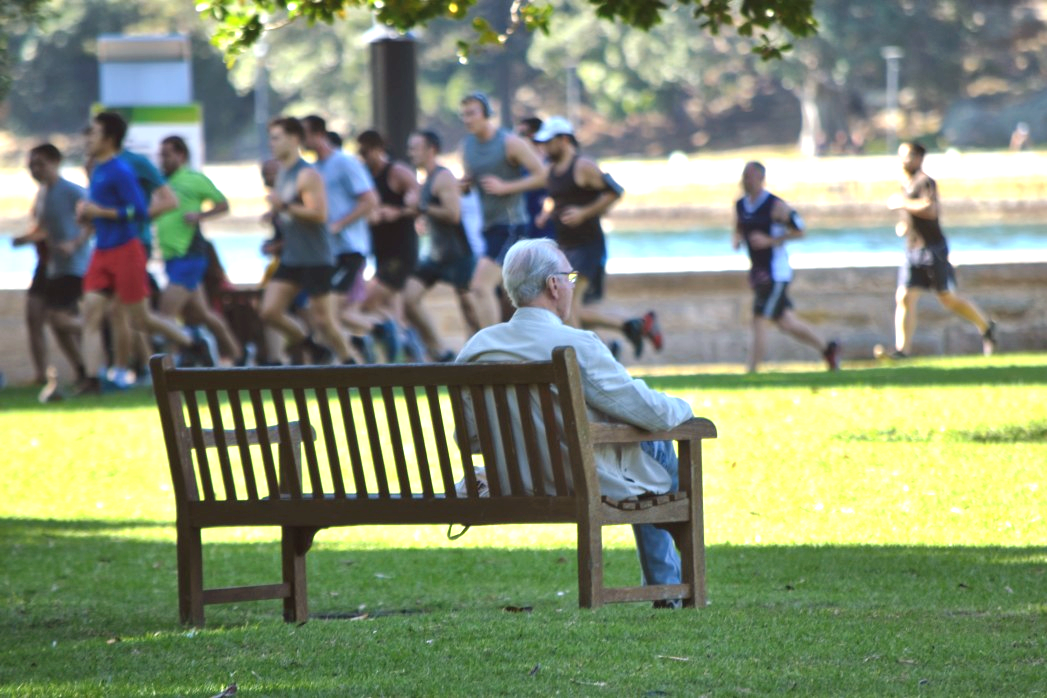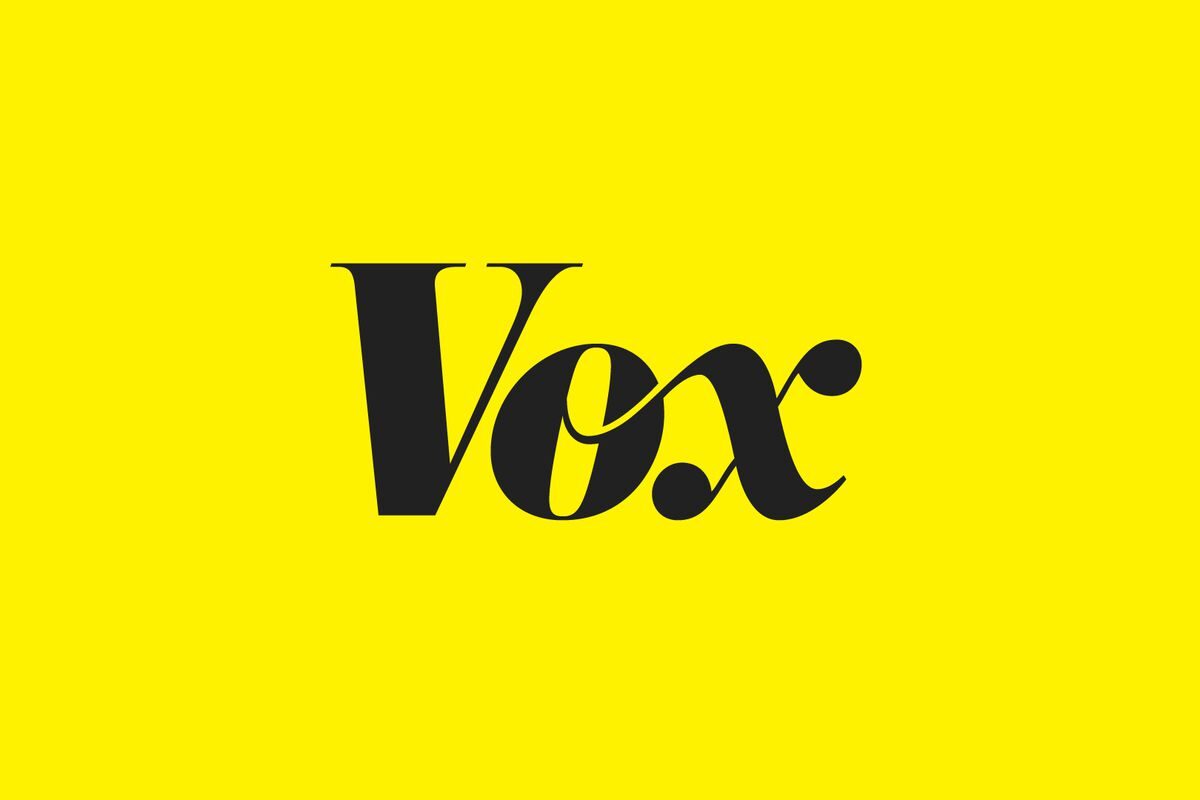Blog June 23, 2021
Is Social Isolation Hampering the Vaccine Rollout?

As the pace of vaccinations slows down and the country remains well short of its goal of achieving herd immunity, vaccine holdouts are receiving more attention. That red states are lagging behind blue states in vaccinations suggests an obvious culprit. But Ideological objections are not the entire story. Americans who are socially disconnected report far lower vaccination rates and may ultimately prove to be a more important impediment.
Americans with fewer friends are less likely to say they have been vaccinated against COVID-19. Fifty-seven percent of Americans without any close friends say they have received at least one dose of the vaccine, a significantly lower rate than among the public at large (67 percent). However, more than seven in ten (71 percent) Americans with four or more close friends report they have been vaccinated.
What’s more, this pattern is evident among Republicans and Democrats[1] alike. Sixty-three percent of Democrats with no close friends report being vaccinated compared to 81 percent of those with four or more close friendships. Republicans with more close friends also have a higher likelihood of getting the COVID-19 vaccine. Less than half (49 percent) of Republicans without any close friends have received at least one dose of the vaccine compared to 61 percent of Republicans with at least four close friends.
What’s more, this pattern is evident among Republicans and Democrats[1] alike. Sixty-three percent of Democrats with no close friends report being vaccinated compared to 81 percent of those with four or more close friendships. Republicans with more close friends also have a higher likelihood of getting the COVID-19 vaccine. Less than half (49 percent) of Republicans without any close friends have received at least one dose of the vaccine compared to 61 percent of Republicans with at least four close friends.
One possible explanation is that having more close friends increases the probability that someone you know will encourage you to get vaccinated. Overall, 40 percent of Americans report that a friend or family member has encouraged them to get the vaccine. Among those without any close friends, only 30 percent report receiving this type of encouragement.
Another compelling explanation may be that social isolation and civic disconnection may reduce our incentives to get vaccinated. Our connections to friends, family and neighbors foster a broader sense of personal responsibility and civic duty. Americans who are socially isolated or cutoff from civil society may feel less responsible to those around them or their community.
This is a real problem. The number of Americans who report having no close social connections has risen dramatically in recent years. And it’s not entirely attributable to the COVID-19 pandemic. Nearly one in five Americans say they do not have anyone in their life they talk to about important personal matters. While many Americans get vaccinated first and foremost for their own health, there is plenty of evidence that many are considering how this decision will affect their friends, family, and communities as well.
[1] Note: In this analysis, Democrats include people who identify as Democrat and Independents who lean towards the Democratic party. Republicans include people who identify as Republican and Independents who lean towards the Republican party.








